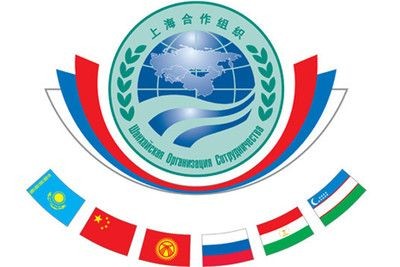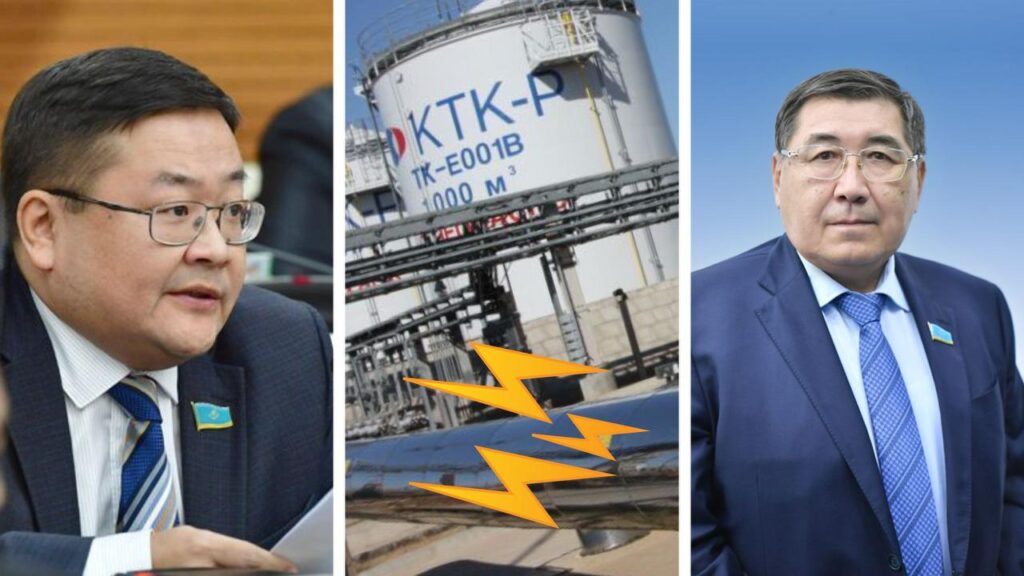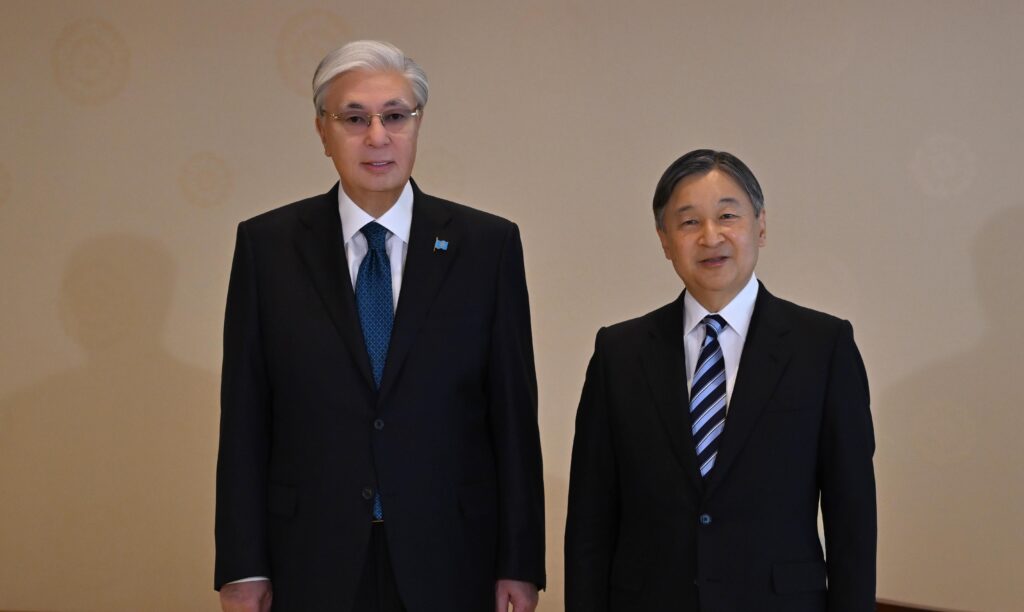LONDON (TCA) — The Shanghai Cooperation Organization, also known as the Shanghai Six, is becoming Shanghai Eight with the now formalized entry of India and Pakistan. For Central Asia’s former Soviet republics, it means that their troublesome neighbor Afghanistan is now sealed from the south, and the two new SCO member states will have less excuses to stand by should the Afghan civil war spill over towards the north.
SCO Foreign Ministers met in the Uzbek capital Tashkent on May 23-24. SCO full members are China, energy-rich Kazakhstan and Russia, Kyrgyzstan, Tajikistan and Uzbekistan. Afghanistan, India, Iran, Mongolia and Pakistan have been observers, while Belarus, Turkey and Sri Lanka are “dialogue partners” in the organization, with Nepal having been granted the same status. The most important item on the agenda was the official admission of India and Pakistan as full members of the SCO.
This week’s meeting is to be followed, in the last week of June, by a summit held by SCO heads of state in which the two admissions will be finalised.
An alliance with Pakistan and India will create an undisputed barrier to the expansion of terrorism from Afghanistan to Central Asia and a powerful economic leverage. The Shanghai Eight together in 2015 accounted for a GDP of over $21 trillion, or 27.1 per cent of the global GDP. Such an alliance could even be extended to the Pacific, which only days before the Tashkent summit held top-level talks in Sochi with Vladimir Putin and his government on a future partnership between ASEAN countries and those of the Eurasian Economic Union.
Redefining the world
Historically, anti-British sentiments in its Asian colonies used to be exploited by the Russian Empire in the XIX Century during the Great Game, prompting Whitehall to adopt a hostile attitude against St.-Petersburg which only improved on the very eve of the First World War. In later times, India has enjoyed the support of the USSR in conflicts with its neighbours, while Pakistan leaned more on China and the USA. This was true in the wars between the two parts of the former British Indies as well as the Sino-Indian wars over the region of Kashmir, now split up between the three regional powers, and in the independence struggle of former East Pakistan, now Bangladesh.
At stake is a move away from western globalisation and monetary monopolies in markets and financial and economic domain trying to “redefining the world”. On the ground, there remains the issue of Kashmir, the apple of discord between India, Pakistan and China which has now been divided between the three powers but where the most recent military clashes took place as late as 2014.
Common interest
All SCO members have a common interest at keeping the civil war in Afghanistan under constraint, i.e. preventing it from spreading outside the hapless country’s international borders.
Instrumental in doing so is the Collective Security Treaty Organisation (CSTO), which consists of all five EEU members plus Tajikistan, after Uzbekistan defected in 2012. For the moment, mainly the CSTO finds itself in the starting blocks to intervene in Afghanistan if necessary. The SCO remains at the background, even though its much-professed determination to provide “security” in the region by “confronting terrorism” as it is usually put could be interpreted that member states, either collectively or individually, could eventually be ready to actively join military moves on the ground in case efforts by the CSTO should falter.
Relief for Central Asia
NATO and US forces are still present in Afghanistan but are no longer capable of controlling the military situation on the ground, which means that cooperation with forces directly outside Afghan territory is becoming more imperative than ever before.
The Great Game may not be over with that – only the rules have changed while the dangers have increased. Peace within Afghanistan looks indeed a long way off, but the grip on its borders by powerful neighbours is now tight – a certain relief for Central Asia which is incapable of defending those borders on its own, but which will have to take its responsibilities in the framework very seriously in years if not months to come.









